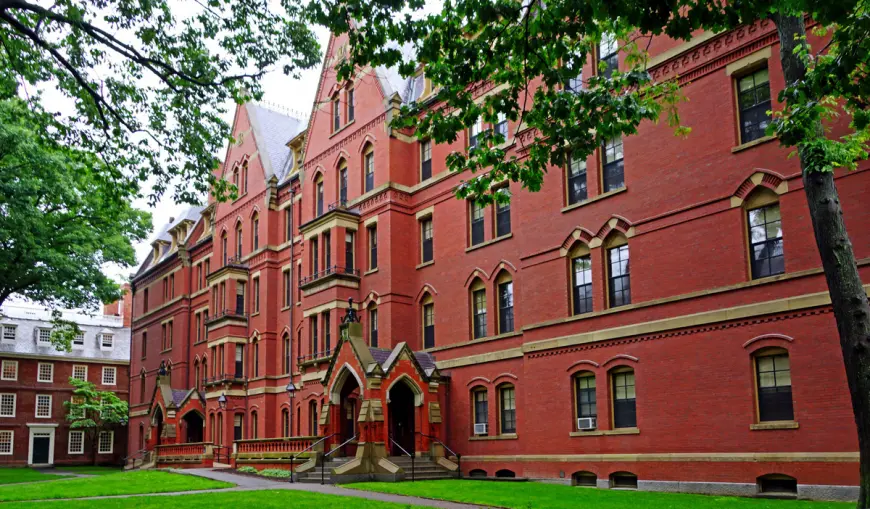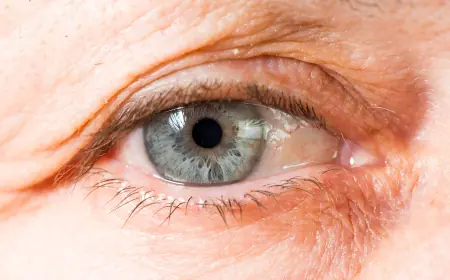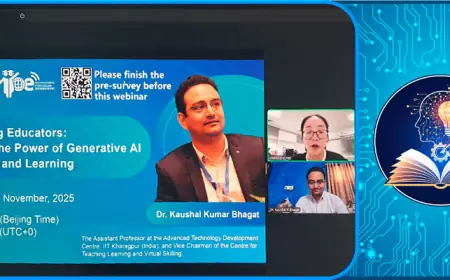Scientists learn how to "reboot" cells and slow down aging — human trials coming soon
This breakthrough could change everything we know about aging. And it's not about creams or vitamins — it's about a true cellular reset.

What did scientists discover?
A team of researchers from Harvard and Cambridge developed a method to "reboot" mitochondria — the energy centers of our cells. As we age, these structures degrade, leading to tissue aging. But now there’s a way to make them young again.
The key is a protein called PGC-1α, which, when activated, stimulates mitochondrial renewal — making cells function like they did in youth.
What did the experiments show?
In animal studies:
Cell lifespan increased by 30–40%
Brain and heart function improved
Aging slowed down noticeably
What does it mean for humans?
Scientists believe this approach can:
Slow down the aging of the skin, brain, and organs
Improve memory and concentration
Help prevent Alzheimer’s and Parkinson’s diseases
When will it be available?
First human trials are expected to begin in 2026. If successful, this could spark a new era in anti-aging medicine and health science.
“We’re not just treating aging — we’re bringing cells back to their youthful state" said Professor John Mitchell from Harvard Medical School.
Would you reboot your cells?
Tell us in the comments — do you believe science can help us live longer? The future may be closer than we think!




























